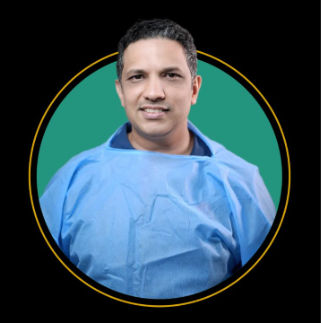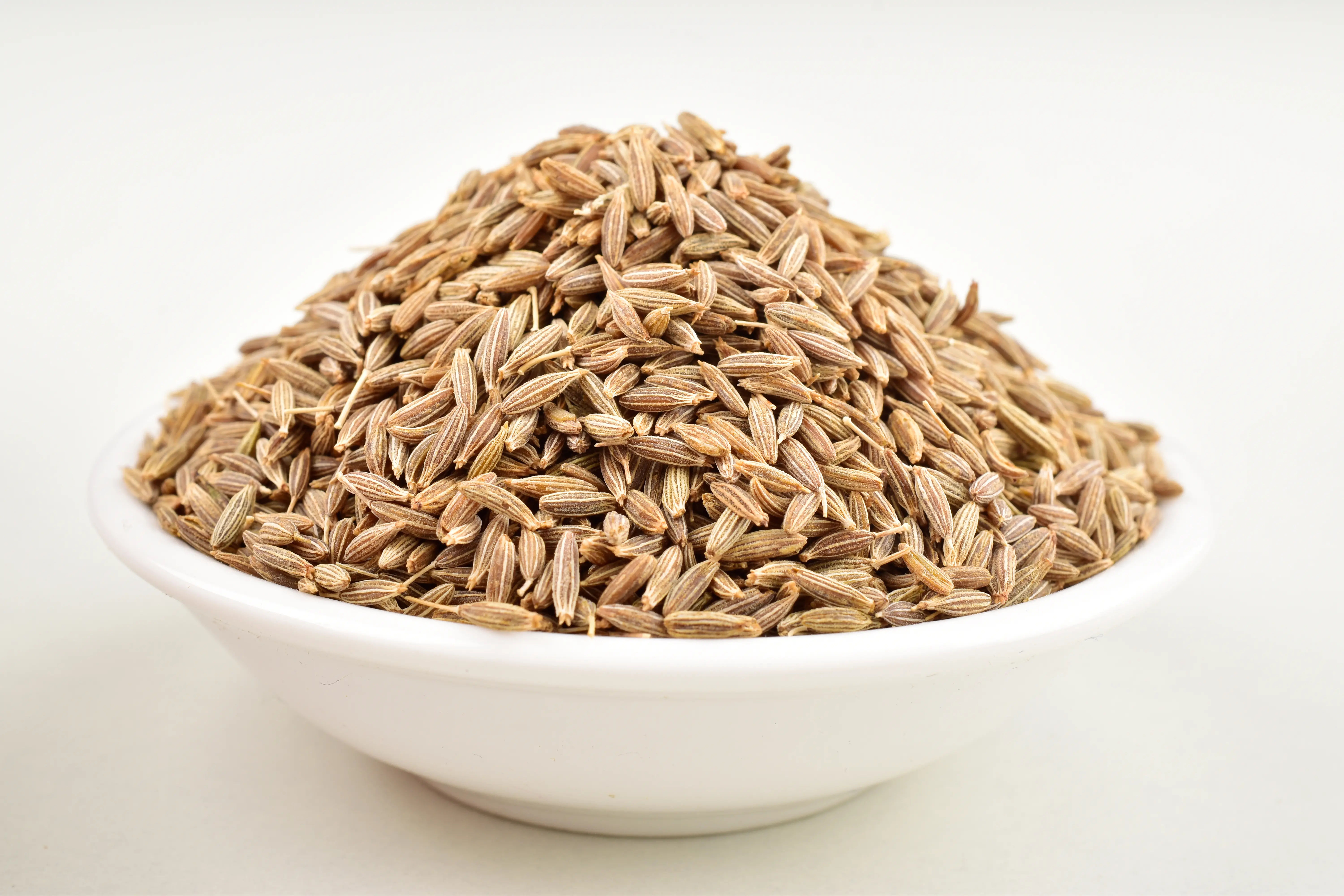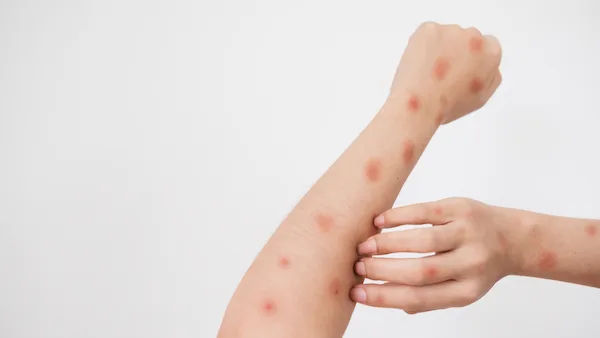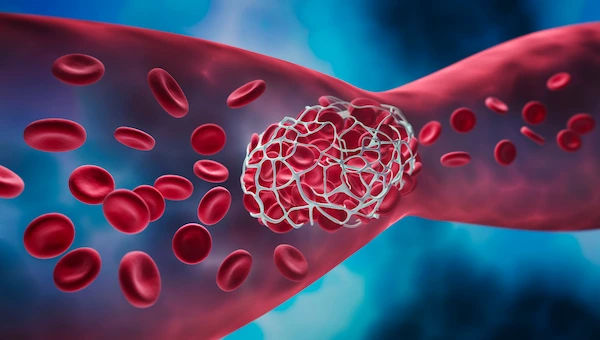The Ultimate Guide to Dental Hygiene: Dos and Don'ts for a Healthy Smile
Know about dental hygiene, the ultimate dos and don’ts list for good and healthy teeth and more.

Written by Dr. Dhankecha Mayank Dineshbhai
Reviewed by Dr. Vasanthasree Nair MBBS
Last updated on 7th Oct, 2025

Introduction
Your smile is one of the first things people notice, but dental hygiene is about far more than aesthetics. It's a critical component of your overall health. Poor oral health has been linked to serious conditions, including cardiovascular disease, diabetes, and respiratory infections. This comprehensive guide will walk you through the essential dos and don'ts of dental hygiene, empowering you with the knowledge to protect your teeth and gums for a lifetime. We'll move beyond the basics, diving into the "why" behind the recommendations, exploring the latest insights, and providing actionable steps you can implement today. From perfecting your brushing technique to understanding the hidden dangers in your diet, consider this your one-stop resource for achieving and maintaining exceptional oral health.
The Daily Do's: Building Your Foundation for Healthy Teeth
A consistent, effective daily routine is the bedrock of good dental hygiene. It’s not just about going through the motions; it’s about doing them correctly.
Do Master the Art of Brushing
Brushing your teeth is the most fundamental act of oral care, yet many of us have been doing it incorrectly for years. The goal is to remove plaque—a sticky, colourless film of bacteria—without damaging your enamel or gums.
Consult a Top Dentist for Personalised Advice
Choosing Your Weapon: Manual vs. Electric Toothbrush
The debate between manual and electric toothbrushes is common. While a manual toothbrush can be highly effective when used with proper technique, studies consistently show that electric toothbrushes, particularly those with oscillating-rotating heads, are superior at reducing plaque and gingivitis. They do the work for you, ensuring the correct motion and often including timers to guarantee you brush for the recommended two minutes. If you struggle with manual dexterity or simply want a more thorough clean, investing in a quality electric toothbrush is a wise decision for your oral health.
The Golden Rules of Brushing: Technique and Timing
- Angle Matters: Hold your brush at a 45-degree angle to your gums. This allows the bristles to clean the tooth surface and sweep away plaque from the gumline.
- Gentle Circles: Use gentle, short, circular motions. Avoid aggressive sawing back and forth, which can wear down enamel and cause gum recession.
- The Two-Minute Rule: Brush for a full two minutes, twice a day. Divide your mouth into four quadrants and spend 30 seconds on each. Many electric brushes have built-in timers, or you can use a simple stopwatch.
- Don't forget the Surfaces: Brush all surfaces of your teeth—the outer, inner, and chewing surfaces. Pay special attention to the hard-to-reach back teeth.
- Replace Regularly: Change your toothbrush or brush head every three to four months, or sooner if the bristles become frayed.
Do Floss Like a Boss: It's Non-Negotiable
If you skip flossing, you’re leaving about 40% of your tooth surfaces unclean. Brushing alone cannot remove plaque and food particles from between your teeth. How to properly floss is key: gently guide the floss between teeth using a zig-zag motion, curve it into a "C" shape against one tooth, and slide it up and down, going beneath the gumline. Do this for both sides of each tooth. If traditional floss is difficult, alternatives like water flossers or floss picks are excellent options. The best time to floss is the time you will actually do it consistently—whether morning or night.
Do Consider the Power of Mouthwash
While not a substitute for brushing and flossing, therapeutic mouthwash can be a valuable addition to your routine. It can help reduce plaque, fight gingivitis, and provide fluoride to strengthen teeth. Look for mouthwashes with the American Dental Association (ADA) Seal of Acceptance. It's important to note that cosmetic mouthwashes primarily focus on freshening breath and do not offer the same health benefits.
Do Drink Plenty of Water
Water is the healthiest beverage for your teeth. It helps rinse away food particles and acids, neutralises the pH in your mouth, and promotes saliva production. Saliva is your mouth’s natural defense against tooth decay, as it contains minerals that strengthen enamel and wash away debris. Make water your go-to drink, especially after meals.
The Critical Don'ts: Habits That Harm Your Teeth
Avoiding damaging habits is just as important as maintaining good ones. Being aware of these pitfalls can save you from costly and painful dental problems down the line.
Don't Overlook Your Diet: Sugar and Acid are the Enemies
Every time you consume sugar or acidic foods/drinks, your teeth are under attack. Bacteria in plaque feed on sugar, producing acids that erode tooth enamel and lead to cavities. Acidic foods and drinks (like citrus, soda, and sports drinks) can directly erode enamel.
Limit sugary and acidic snacks and beverages.
If you do consume them, do so with meals rather than grazing throughout the day, as this gives your saliva time to neutralise acids.
Rinse your mouth with water afterwards to help wash away sugars and acids.
Don't Use Your Teeth as Tools
Your teeth are designed for chewing food, not for tearing open packaging, cracking nuts, biting nails, or holding objects. Using them as tools can lead to chipped, cracked, or fractured teeth, and even damage to dental work like fillings or crowns. Always reach for the proper tool instead.
Don't Ignore Your Tongue
Plaque and bacteria also accumulate on your tongue, contributing to bad breath (halitosis) and negatively impacting your overall oral health. Gently brush your tongue with your toothbrush or use a dedicated tongue scraper every time you brush your teeth.
Don't Smoke or Use Tobacco Products
Smoking is one of the most significant risk factors for gum disease and oral cancer. It stains teeth, causes bad breath, and weakens your immune system, making it harder for your body to fight off infections in the gums. Quitting tobacco is one of the best things you can do for your oral and overall health.
Beyond the Basics: Professional Care and Proactive Habits
Even the most diligent at-home care needs to be supported by professional oversight. A proactive approach can catch small issues before they become big problems.
Do Schedule Regular Dental Check-ups and Cleanings
Visiting your dentist every six months for a dental checkup and cleaning is crucial. A professional cleaning removes tartar (hardened plaque) that cannot be removed by brushing and flossing alone. The examination allows your dentist to detect early signs of cavities, gum disease, oral cancer, and other issues. If you notice persistent bleeding gums, tooth sensitivity, or mouth sores, it's important to consult a dentist. For convenient access to specialists, you can book a physical visit with Apollo24|7..
Conclusion
Mastering your dental hygiene is a powerful investment in your long-term well-being. By incorporating these dos and don'ts into your daily life—prioritising proper brushing and flossing, making smart dietary choices, and partnering with your dentist for regular care—you are taking proactive control of your oral health. This goes far beyond preventing cavities; it's about safeguarding your overall health and ensuring you can smile with confidence for years to come. Start today by evaluating your current routine and making one positive change. Your future self will thank you.
Consult a Top Dentist for Personalised Advice
Consult a Top Dentist for Personalised Advice

Dr. Tulika Diwan
Dentist
12 Years • BDS, MDS (Oral and Maxillofacial Surgeon)
Mumbai
Apollo Hospitals CBD Belapur, Mumbai

Dr. Ninad Muley
Dentist
15 Years • BDS, MDS
Mumbai
Apollo Hospitals CBD Belapur, Mumbai

Dr. Revathi Miglani
Dentist
19 Years • MDS, DNB
Chennai
Apollo Hospitals Greams Road, Chennai

Dr. Vignesh Ayyappan
Dentist
3 Years • BDS
Karur
Apollo Hospitals Allwyn Nagar, Karur

Dr Gaurav Jain
Oral and Maxillofacial Surgeon
21 Years • BDS, MDS
Delhi
Apollo Hospitals Indraprastha, Delhi
Consult a Top Dentist for Personalised Advice

Dr. Tulika Diwan
Dentist
12 Years • BDS, MDS (Oral and Maxillofacial Surgeon)
Mumbai
Apollo Hospitals CBD Belapur, Mumbai

Dr. Ninad Muley
Dentist
15 Years • BDS, MDS
Mumbai
Apollo Hospitals CBD Belapur, Mumbai

Dr. Revathi Miglani
Dentist
19 Years • MDS, DNB
Chennai
Apollo Hospitals Greams Road, Chennai

Dr. Vignesh Ayyappan
Dentist
3 Years • BDS
Karur
Apollo Hospitals Allwyn Nagar, Karur

Dr Gaurav Jain
Oral and Maxillofacial Surgeon
21 Years • BDS, MDS
Delhi
Apollo Hospitals Indraprastha, Delhi
More articles from General Medical Consultation
Frequently Asked Questions
Is an electric toothbrush really better than a manual one?
Yes, for most people. Numerous studies have shown that electric toothbrushes, especially oscillating-rotating models, are more effective at reducing plaque and gingivitis. They are particularly beneficial for those with limited dexterity, as they do most of the work for you.
How can I prevent cavities as an adult?
Preventing cavities in adults involves a consistent routine: brushing with fluoride toothpaste, daily flossing, reducing sugar intake, drinking fluoridated water, and attending regular dental check-ups. Your dentist may also recommend specific fluoride treatments or sealants if you are at higher risk.
What are the signs of unhealthy gums?
Early signs of gum disease (gingivitis) include redness, swelling, tenderness, and bleeding when you brush or floss. Persistent bad breath can also be a sign. If you notice any of these symptoms, it's important to improve your oral hygiene and see your dentist.
I floss, but my gums still bleed. Why?
Bleeding gums are usually a sign of inflammation caused by plaque buildup. If you've just started flossing or aren't consistent, some bleeding is common and should subside within a week or two of regular flossing. If bleeding persists, it could indicate established gingivitis, and you should consult a dentist for an evaluation.
Does mouthwash replace flossing?
No, mouthwash does not replace flossing. Flossing is essential for mechanically removing plaque and debris from between teeth, where brushes and mouthwash cannot reach. Mouthwash is a helpful adjunct but should be used in addition to, not instead of, flossing.




